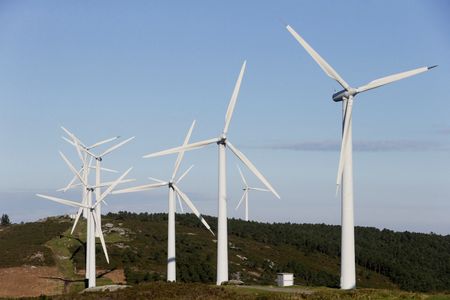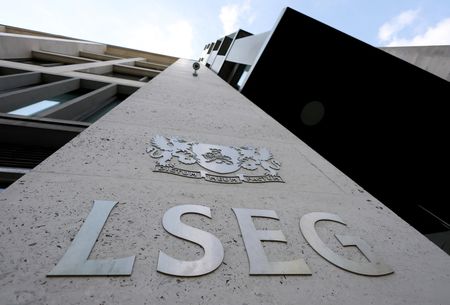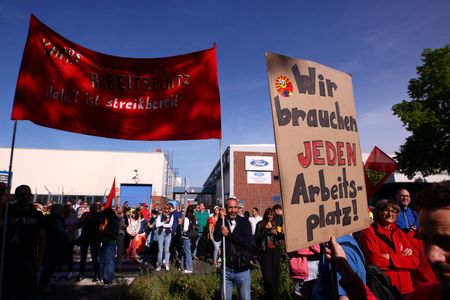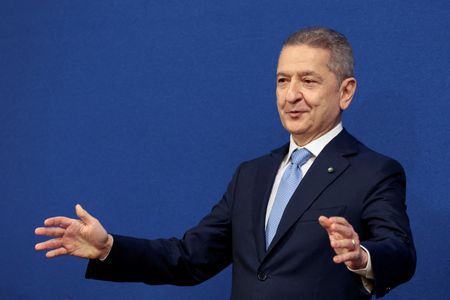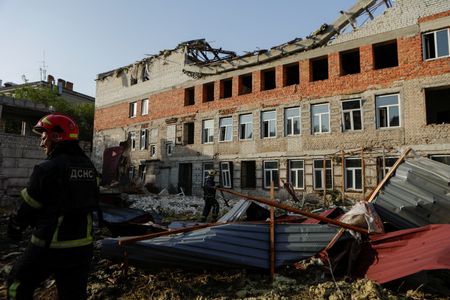WARSAW (Reuters) – European Union companies could become more competitive against their U.S. and Chinese rivals if they paid less for energy — a goal governments could achieve by cooperating to invest and to integrate the EU’s fragmented energy market, the IMF said.
Boosting Europe’s economic competitiveness is a priority for the 27-nation bloc as it struggles in the race for new, climate-friendly technologies against China and the United States.
The challenge has become much tougher after the collapse of cheap pipeline gas imports from Russia in the aftermath of Moscow’s invasion of Ukraine in 2022, making EU companies pay twice as much as their U.S. rivals for electricity.
The competitive disadvantage for Europe was especially visible in energy-intensive industries like chemicals, steel and aluminium production, the IMF said.
In a paper prepared for talks of EU finance ministers on Monday, the International Monetary Fund said EU energy market integration would not only lower prices, but also improve EU energy security and help reduce CO2 emissions.
Electricity prices also varied inside the 27-nation EU, making the EU market fragmented. The IMF said the fragmentation could be fixed if countries traded electricity more across borders and boosted the capacity of such cross-border grids.
But it noted that countries importing as well as exporting electricity could be reluctant to trade more across borders because countries which produced electricity at a low cost and could export it often resisted grid integration out of fear that domestic prices would rise.
“Conversely, high-cost countries may be reluctant to open their markets to cheaper electricity imports, which could undercut local producers,” it said.
The paper said that if the 27 EU governments integrated their energy markets, they could save around 40 billion euros ($41.16 billion) per year as a bloc and attract investors.
But energy policy was now still up to national government decisions, rather than joint EU policy, raising the risk of uncoordinated and more expensive approaches, the paper said.
($1 = 0.9717 euros)
(Reporting by Jan Strupczewski; editing by Diane Craft)

